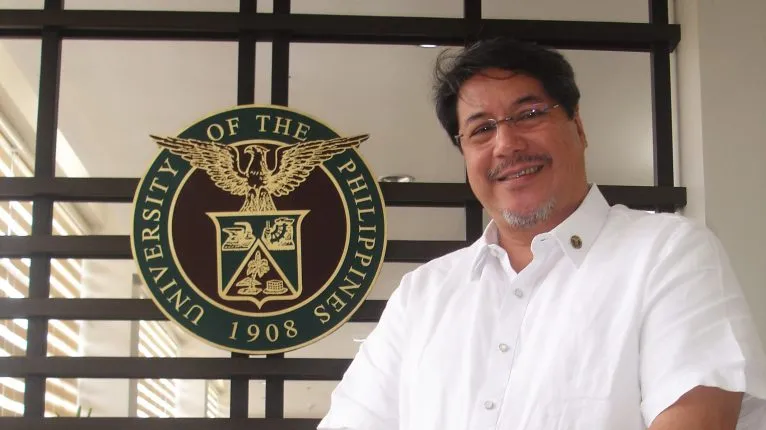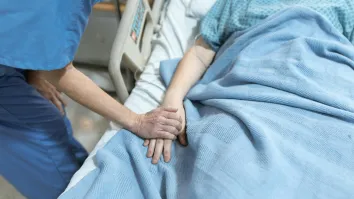
Can the newly signed Universal Healthcare Bill save Philippines' dying ‘mom and pop' hospitals?
This will have repercussions with the private hospitals depending on early release of reimbursement claims or number of denials of payments.
In February 2019, Philippine president Rodrigo Duterte signed the Universal Health Care (UHC) Act into law, allowing all Filipinos to be enrolled to the National Health Insurance Program of the Philippine Health Insurance Corporation (PhilHealth). This gives citizens access to a full range of health care services, from preventive to promotive, curative, rehabilitative, and palliative.
By law, UHC will ensure that there is no balance billing for the non-contributory group members or ward admissions and sets fixed co-payment for contributory group members or private room accommodation. Amongst the reforms that will be implemented over time include designating PhilHealth as the national purchaser for health goods and services for individuals, improvement of health facilities especially in underserved areas, responding to the gap in health workers throughout the country, strategic engagement of the private sector; and creating and expanding new functions in the Department of Health (DOH) to improve the delivery of health services.
Healthcare Asia sat down with Dr Teodoro Herbosa, MD FPCS, executive vice president at the University of the Philippines and former Chief, Division of Trauma Surgery, Philippine General Hospital as he discusses the challenges in the new UHC Bill and how it can affect the operations of smaller private hospitals in the Philippines.
HCA: How does the UHC Bill affect the operations of private hospitals in the Philippines, especially the smaller private players?
The UHC bill strengthen the single payer health insurance by the government through PhilHealth. This will have repercussions with the private hospitals depending on early release of reimbursement claims or number of denials of payments. We will have to await the implementing rules and regulations or IRR to fully understand any changes in coverage of illnesses and payment schemes.
A case Payment System has been implemented which benefited the public hospitals as it added revenue to the high volume public hospitals but disadvantaged the private hospitals. Also, the PhilHealth has passed on the payment of doctors to the hospital administration. This has led to friction between hospital admin and physicians when the payment system is inefficient. Doctors needed to hire people to follow up such payments to prevent losses or unpaid claims.
HCA: What are the challenges that you see in its rollout and implementation?
The biggest challenges include the infrastructure gap in the health system which requires the increase in the capacity or numbers of public hospitals. Together with this is the human health resources gap as well and the concomitant brain drain of health professionals to other countries with higher paying jobs in the health sector.
I believe these solutions will take time, money and more work to be realised. The biggest threat we see is the question whether access to health and services will be adequate as we have increased the base of population that will be covered by UHC.
HCA: During the Healthcare Asia Forum - Manila leg in 2018, you predicted the demise of ‘mom and pop’ or small family owned hospitals- will the UHC Bill be able to provide a solution to this dilemma?
This threat continues. This threat is cash liquidity of the small hospital operations. They will have to partner with banks for loans for their cash flow and payment whilst awaiting. Delayed reimbursement which has become more with UHC.
Some solutions by the mom and pop hospitals have been to sell to the consolidators or capitalist buying hospitals through financial investment to allow them to be in operation and liquid.



















 Advertise
Advertise






